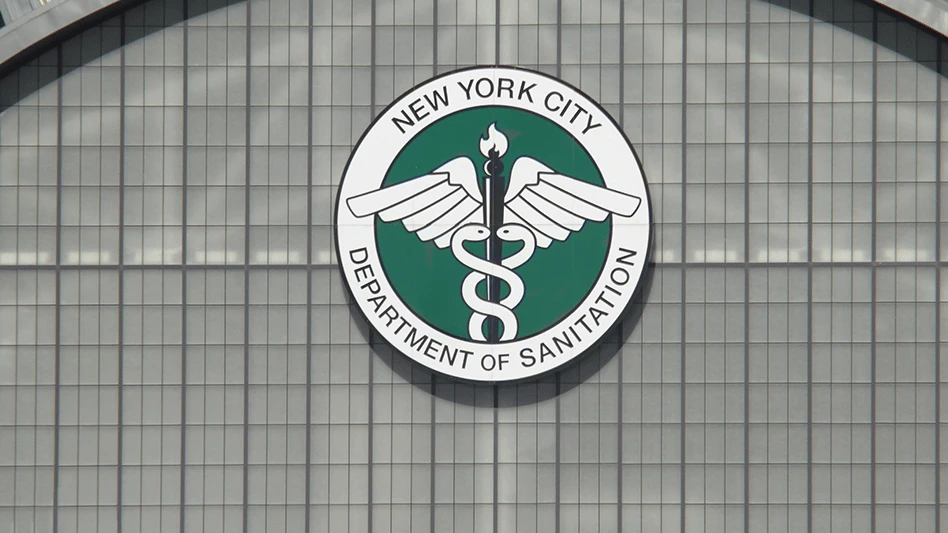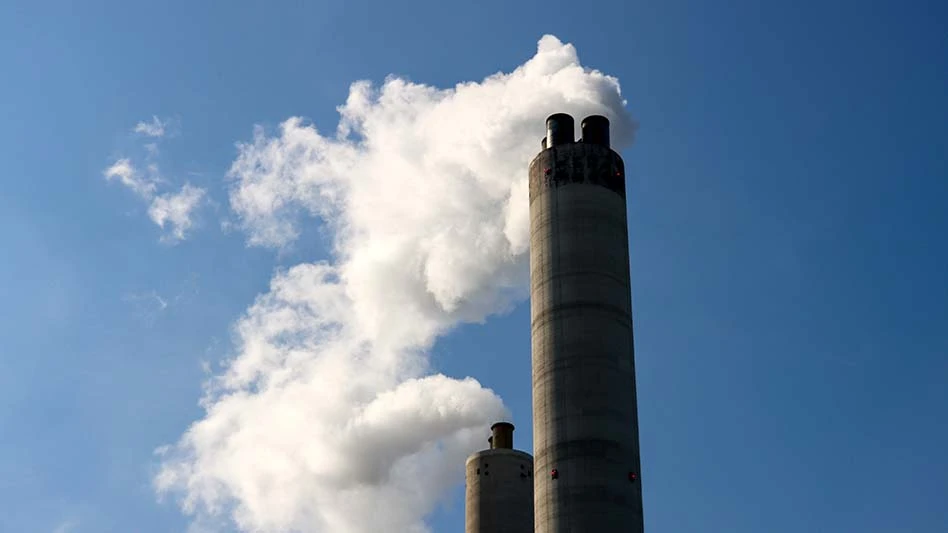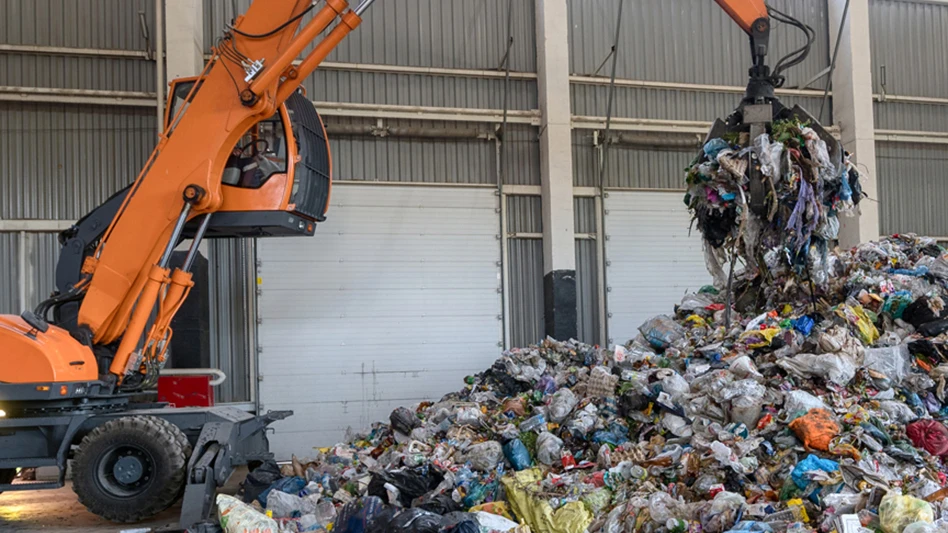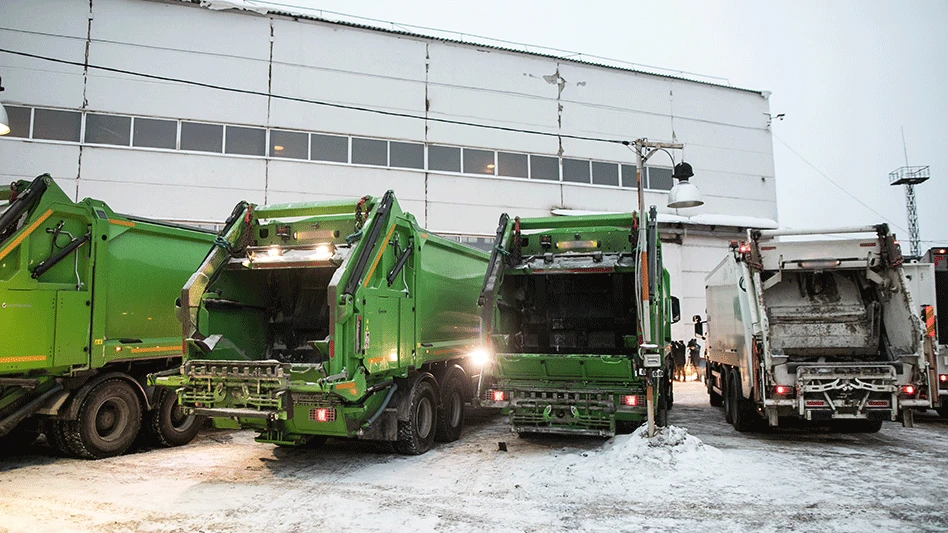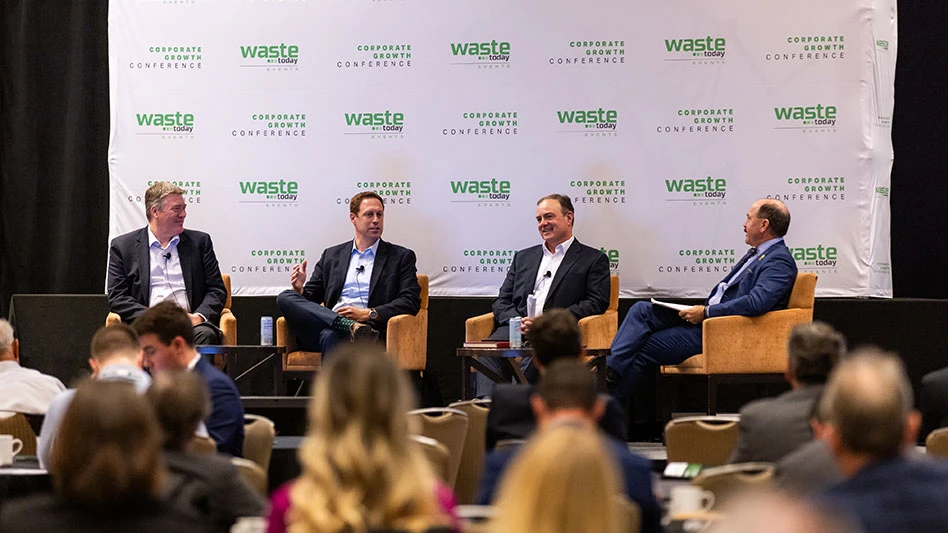
Tiko | stock.adobe.com
Philadelphia-based law firm Cozen O’Connor has filed a complaint in the U.S. District Court for the District of New Jersey against the Atlantic County Utilities Authority (ACUA) and its former presidents and vice presidents. The complaint was filed on behalf of the Bel Aire Lakes Homeowners Association Inc. (BALHOA) and individual homeowners in the Absecon, New Jersey-based retirement community of the Gatherings at Bel Aire Lakes (BAL).
The action alleges that the ACUA landfill in Egg Harbor Township, New Jersey, is endangering the health of residents and violating federal and state environmental laws, including 42 U.S.C. section 1983. The action also asserts state tort and fraud claims.
“The ACUA’s landfill is a massive emitter of hydrogen sulfide, a hazardous air pollutant posing a serious threat to the residents of BAL and the surrounding communities in Absecon, Pleasantville, Galloway and Egg Harbor Township,” says Peter J. Fontaine, the lead attorney for the plaintiffs. “As the public authority primarily responsible for safeguarding public health and welfare in Atlantic County from the dangers of solid waste disposal, the ACUA’s behavior is unacceptable.
“It is finally time to hold the ACUA accountable for the hazardous situation it created over many years of neglect and mismanagement of the landfill,” he adds.
The lawsuit seeks closure of the landfill to remedy the alleged emissions, air monitoring in the BAL community, damages for personal injury and property damage and costs and fees.
The ACUA says it disagrees with the statements and characterization of events set forth in the complaint, calling the claims misleading.
“The ACUA has operated a comprehensive, effective and responsible solid waste management system in service of the Atlantic County community for more than 30 years,” representatives from the ACUA say. “This includes the landfill in Egg Harbor Township, which is highly regulated by the federal Environmental Protection Agency (EPA), the New Jersey Department of Environmental Protection (NJDEP) and the Atlantic County Department of Health.”
According to the ACUA, the landfill is routinely inspected by the NJDEP.
The complaint alleges residents are being exposed to high levels of hydrogen sulfide, a New Jersey Hazardous Air Pollutant, which is causing the residents breathing difficulties, persistent cough, nausea and vomiting, migraine headaches and sleep disruption.
Weston Solutions Inc., a West Chester, Pennsylvania-based environmental and infrastructure services firm retained by BALHOA, claim that the landfill’s nighttime operations violate state law prohibiting such operations within 1,000 feet of residential communities.
Weston’s monitoring of ambient hydrogen sulfide concentrations in the BAL community between November 2, 2023, and January 23, 2024, found elevated hydrogen sulfide levels in the community in violation of New Jersey’s health-based standard prohibiting hydrogen sulfide emissions exceeding 30 parts per billion (ppb) averaged over any 30-minute period, including:
- multiple violations of the 30-ppb standard, including 283 distinct violations;
- hydrogen sulfide levels exceeding 100 ppb on 14 separate nights;
- hydrogen sulfide levels exceeding 340 ppb over a four-hour period on the early morning of January 23;
- a peak hydrogen sulfide level of 1,766 ppb; and
- an average hydrogen sulfide level over the 3-month period of 18 ppb.
Deborah Barsotti, a toxicologist retained by BALHOA, found that the hydrogen sulfide concentrations in the air at BAL exceed health-based standards, which she says poses an acute and chronic health risk to the residents.
The complaint alleges the ACUA installed a network of automated hydrogen sulfide monitors at the perimeter of the landfill in December 2023 through software company Envirosuite. Cozen O’Connor says data recorded from these hydrogen sulfide monitors confirms the landfill is in violation of the 30-ppb standard.
The ACUA says its operations have been fully transparent.
“The legal team representing Bel Aire Lakes has been provided with full access to all data and information requested via multiple requests made pursuant to the Open Public Records Act since January of 2023,” representatives from the ACUA say.
Latest from Waste Today
- NYSAR3 seeks respondents to commercial recycling survey
- Aemitis AD system goes online
- Liebherr breaks ground on logistics center
- Rubicon appoints new CFO
- Nexus W2V attracts funding for waste conversion project in Indiana
- Republic Services signs up for oil recycling program
- Alabama city offers partnership to divert electronics from landfills
- Corporate Growth Conference 2024: The opportunities and challenges of organics recycling
